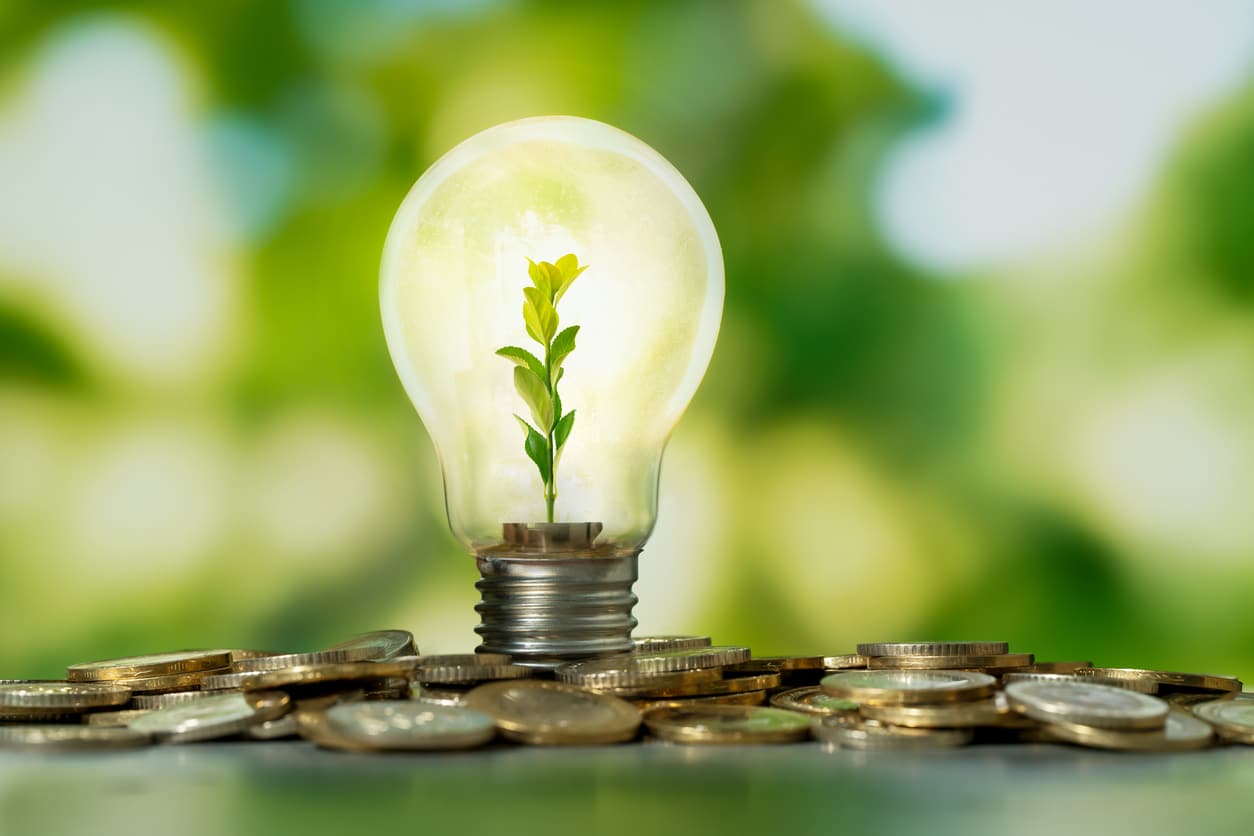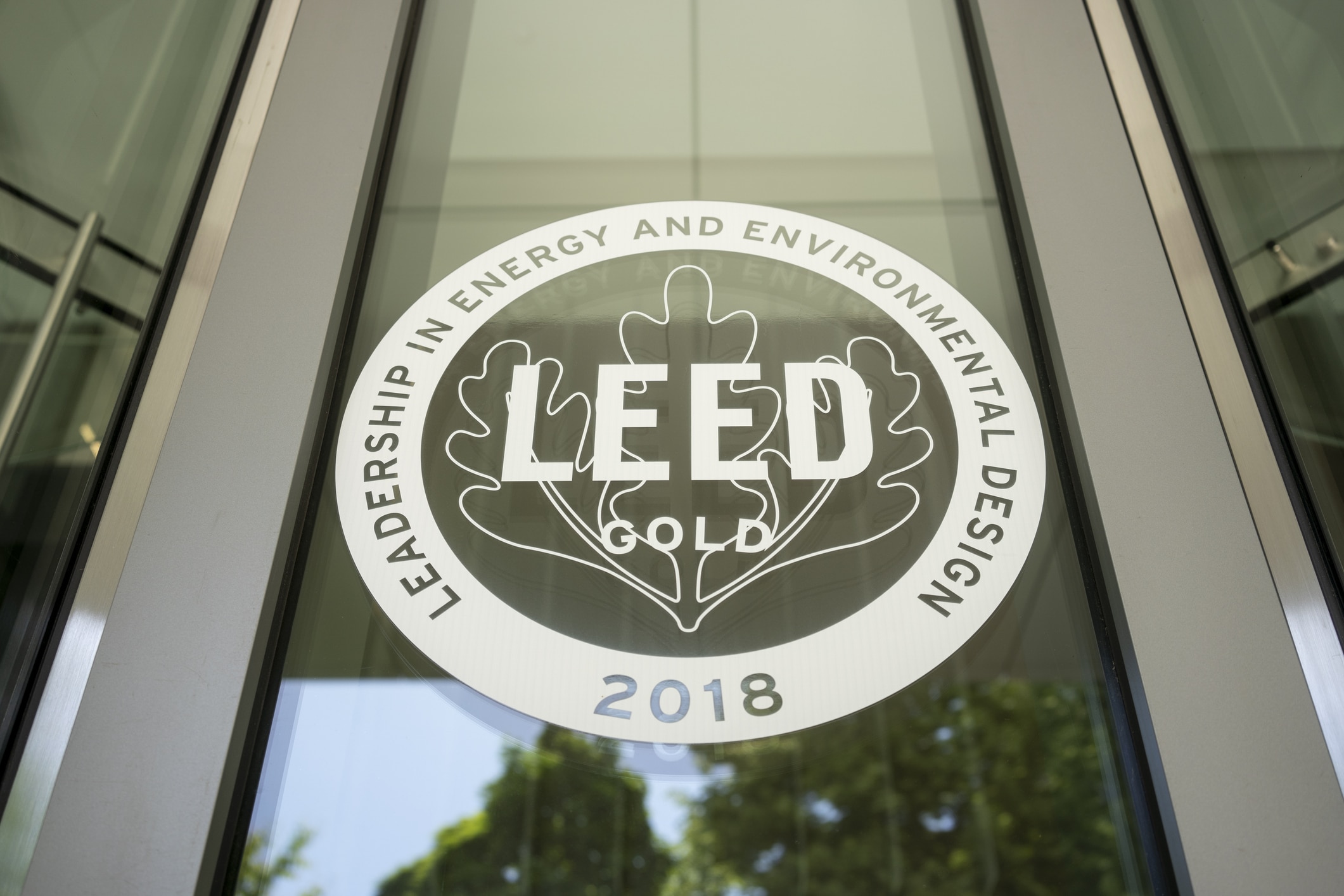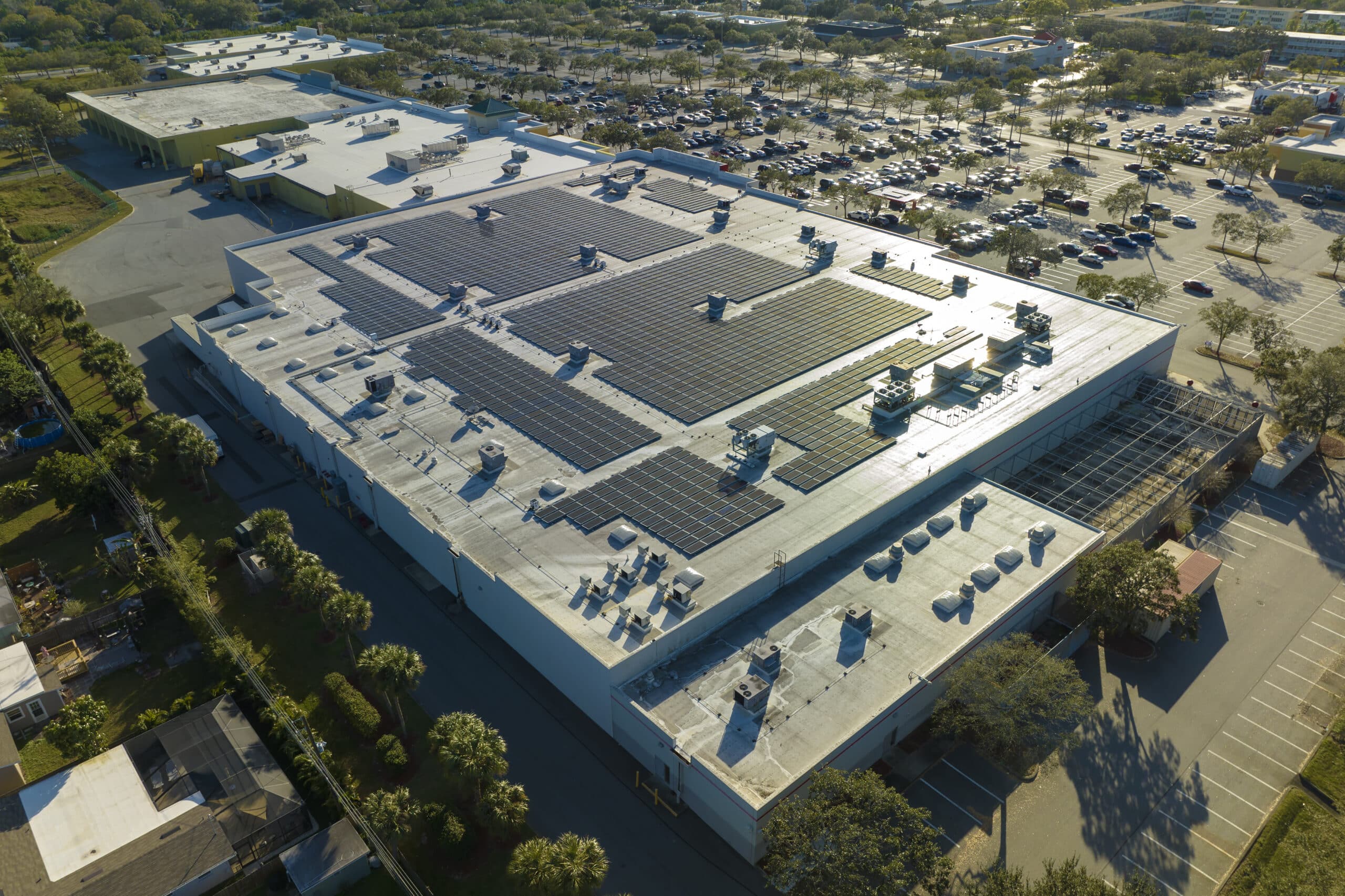Sustainability has become a cornerstone of modern commercial construction, and achieving higher building standards is…

Energy efficiency has become a crucial aspect of modern commercial construction, impacting both operational costs and environmental sustainability. As businesses increasingly seek ways to reduce their carbon footprint and operating expenses, energy-efficient buildings have emerged as a critical solution. By incorporating advanced energy-saving technologies and sustainable practices, companies can create structures that are not only cost-effective but also environmentally friendly.
At Schonsheck, we are committed to integrating energy efficiency into every project. Our approach involves using the latest technologies and materials to ensure our buildings meet the highest sustainability standards. Throughout the design-build process, we prioritize energy-saving features that benefit our clients and the environment. This commitment to energy efficiency reflects our dedication to building a sustainable future and providing our clients with long-term cost savings.
Energy Efficiency in Commercial Construction
Energy efficiency is a fundamental consideration in commercial construction due to its significant impact on operational costs and environmental health. Buildings designed with energy efficiency in mind consume less energy, resulting in lower utility bills and reduced operational expenses. This cost-saving benefit is particularly significant for commercial properties, where energy consumption can be a major expense.
Not only that, but energy-efficient buildings contribute to environmental sustainability by reducing greenhouse gas emissions and lowering the overall carbon footprint. Utilizing energy-efficient technologies and materials helps minimize the environmental impact of construction activities and the ongoing operation of buildings. This benefits the environment and aligns with increasing regulatory requirements and societal expectations for sustainable practices.
Incorporating energy efficiency into commercial construction also enhances the property’s marketability and value. Energy-efficient buildings are more attractive to tenants and buyers who are conscious of both cost and environmental impact.
Incorporating Energy-Saving Features in Construction
Incorporating energy-saving features into commercial construction projects is essential for achieving long-term sustainability and cost efficiency.
One fundamental feature is high-efficiency HVAC systems, which significantly reduce energy consumption for heating and cooling. These systems are designed to provide optimal climate control while using less power, lowering operational costs. We even integrate energy-efficient lighting solutions, such as LED fixtures, which use much less electricity and have a greatly extended lifespan compared to traditional lighting options.
Another important aspect is the installation of solar panels, which harness renewable energy to power the building. This reduces reliance on non-renewable energy sources and offers potential savings on energy bills. Additionally, we utilize advanced insulation materials to improve the thermal efficiency of our buildings so they retain heat in the winter and stay cool in the summer.
Long-Term Benefits of Energy-Efficient Buildings
Investing in energy-efficient commercial buildings offers significant long-term benefits, both financially and environmentally. One primary advantage is substantial cost savings over the building’s lifespan. Energy-efficient systems and materials reduce energy consumption, lowering utility bills and operational expenses. These savings accumulate over time, providing a strong return on investment for building owners.
Energy-efficient buildings also typically have increased property value and marketability. Prospective tenants and buyers are increasingly looking for properties that offer sustainability features, lower operating costs, and a reduced environmental impact, which makes energy-efficient buildings more attractive in the competitive real estate market.
By prioritizing energy efficiency, Schonsheck buildings not only perform better in terms of energy consumption but also offer long-term financial and environmental benefits to our clients. This commitment to sustainability enhances the overall value and appeal of our commercial construction projects.
Schonsheck’s Commitment to Sustainability
At Schonsheck, our commitment to sustainability is at the core of our construction practices. We strive to integrate sustainable solutions into every project, building spaces that are not only energy-efficient but also environmentally responsible. Our approach incorporates eco-friendly materials, energy-saving technologies, and innovative design strategies that minimize environmental impact.
We meet and exceed industry standards for sustainability. Our team continuously stays informed about the latest advancements in green building practices and integrates these innovations into our projects. This proactive approach allows us to deliver high-quality, sustainable construction solutions that align with our clients’ goals and regulatory requirements.
Furthermore, our sustainability initiatives extend beyond construction to include ongoing education and training for our staff, promoting a culture of environmental stewardship.
Future Trends in Energy-Efficient Commercial Construction
The future of energy-efficient commercial construction is shaped by several emerging trends and innovative practices that promise to enhance sustainability and efficiency. One significant trend is the integration of smart building technologies. These systems use sensors, automation, and data analytics to optimize energy use in real-time, adjusting lighting, heating, cooling, and other systems based on occupancy and usage patterns. This reduces energy consumption and enhances the comfort and productivity of building occupants.
Advanced materials are also crucial to the evolution of energy-efficient buildings. High-performance insulation materials, such as aerogels and phase-change materials, offer superior thermal resistance, reducing the need for heating and cooling. Energy-generating building facades, including photovoltaic panels and solar glass, are becoming more common, enabling buildings to produce their own renewable energy.
Another critical trend is the adoption of renewable energy sources. Solar and wind power systems are increasingly integrated into commercial buildings, reducing reliance on non-renewable energy and lowering operational costs. Battery storage solutions are also advancing, allowing buildings to store excess power generated during peak production times for use during high-demand or low-production periods.
Additionally, the concept of net-zero buildings is gaining traction. These buildings are designed to produce as much energy as they consume, effectively eliminating their carbon footprint. Achieving net-zero status involves energy-efficient design, renewable energy integration, and advanced building technologies.
Building a Sustainable Future with Schonsheck
By prioritizing energy-saving features and sustainable practices, Schonsheck ensures that our buildings provide significant long-term benefits, including lower operational costs and reduced environmental impact. Our commitment to sustainability reflects our dedication to high-quality construction and client satisfaction. Choosing Schonsheck means partnering with a company that values economic and environmental well-being.
Energy-Efficient Michigan Commercial Construction from Schonsheck
Trust us to deliver energy-efficient commercial construction solutions, contributing to a sustainable future. Our team integrates the latest energy-efficient technologies to ensure sustainability and savings. Reach out today or call us at 248-669-8800 to learn more about our services and start your project with a trusted partner.



